- Morocco
- Things to do in Merzouga
- Best Time to Visit Merzouga: Weather, Festivals, and Seasonal Highlights
Best Time to Visit Merzouga: Weather, Festivals, and Seasonal Highlights
Merzouga’s dramatic landscapes change with the seasons, making timing an essential part of your trip planning. From mild winter days to scorching summer heat, each season offers a unique experience. Whether you’re seeking adventure, cultural events, or the perfect weather, here’s what you need to know before visiting.
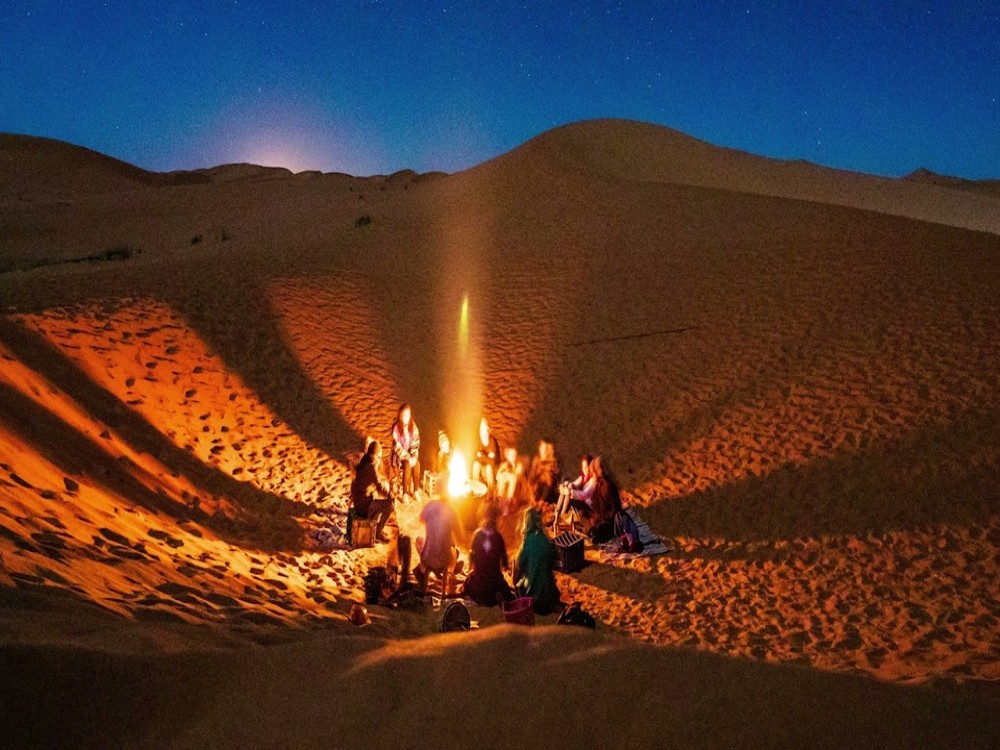
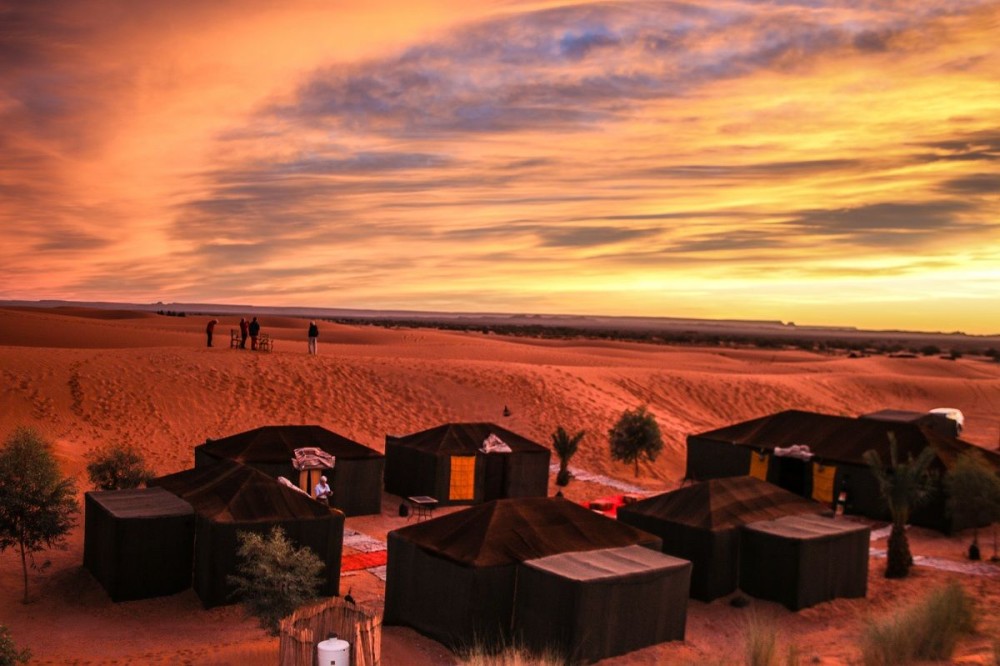
1. Spring (March to May): Ideal Weather for Exploration
Spring is one of the best times to visit Merzouga, with warm days and cool nights. The dunes are vibrant after winter rains, creating a stunning contrast with the golden sands. This season is perfect for camel trekking, 4x4 tours, and stargazing under the clear desert sky.
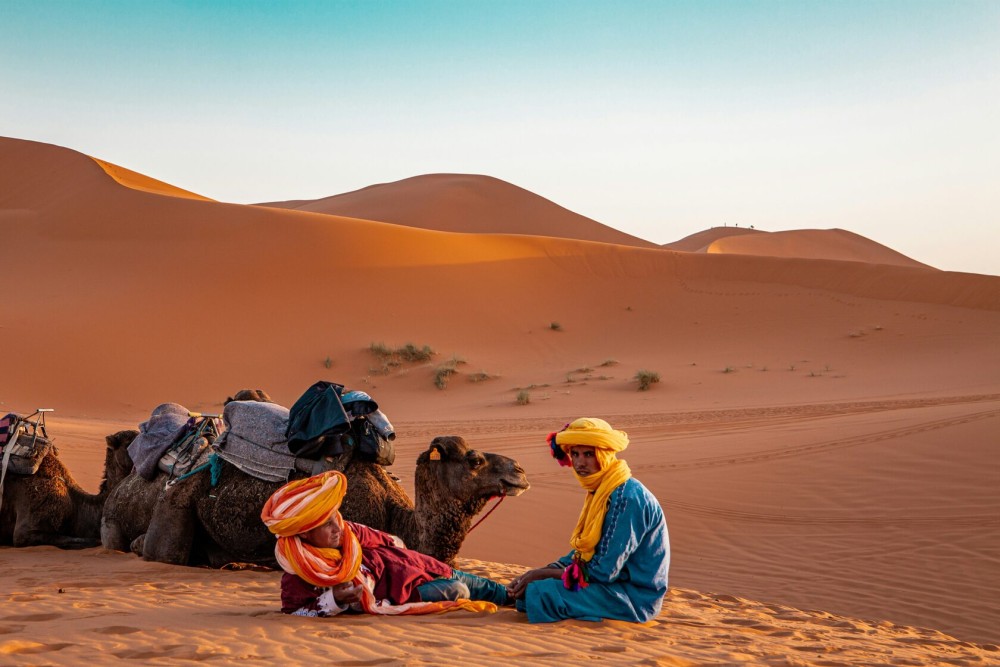
2. Summer (June to August): Extreme Heat and Fewer Crowds
Summers in Merzouga can be intense, with temperatures soaring above 45°C (113°F). Daytime exploration can be challenging, but early mornings and evenings offer cooler moments. While it’s the least popular season, it’s ideal for travelers seeking solitude and lower accommodation prices. Hydration and sun protection are essential.
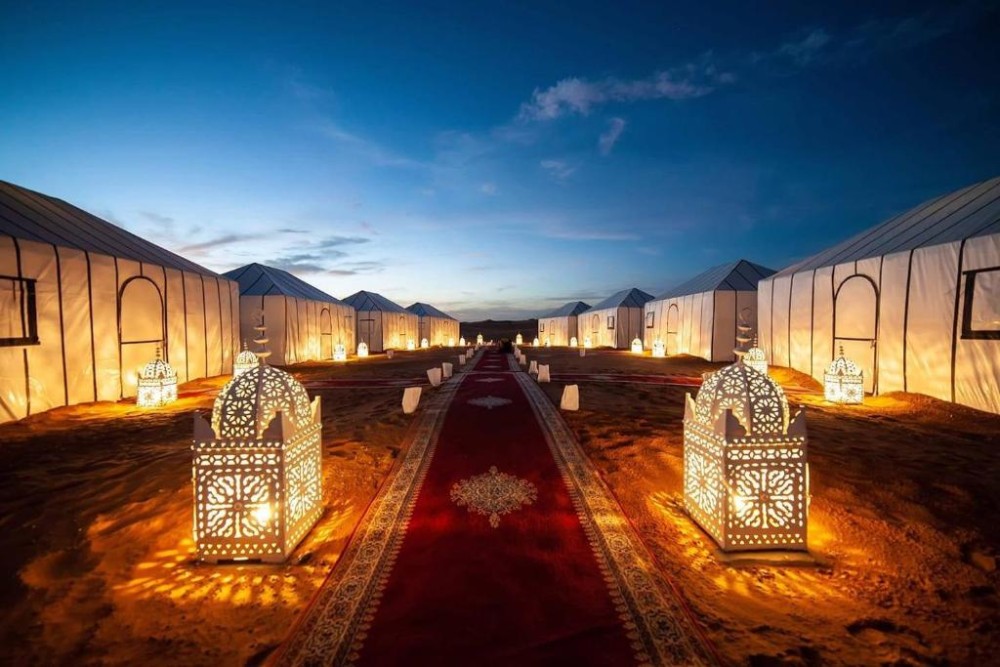
3. Autumn (September to November): Comfortable and Scenic
Autumn brings relief from the summer heat, making it another excellent time to visit. The temperatures are pleasant, and the dunes look stunning under the golden light. Activities like sandboarding and desert safaris are enjoyable without extreme weather conditions, making it a favorite season for adventure seekers.
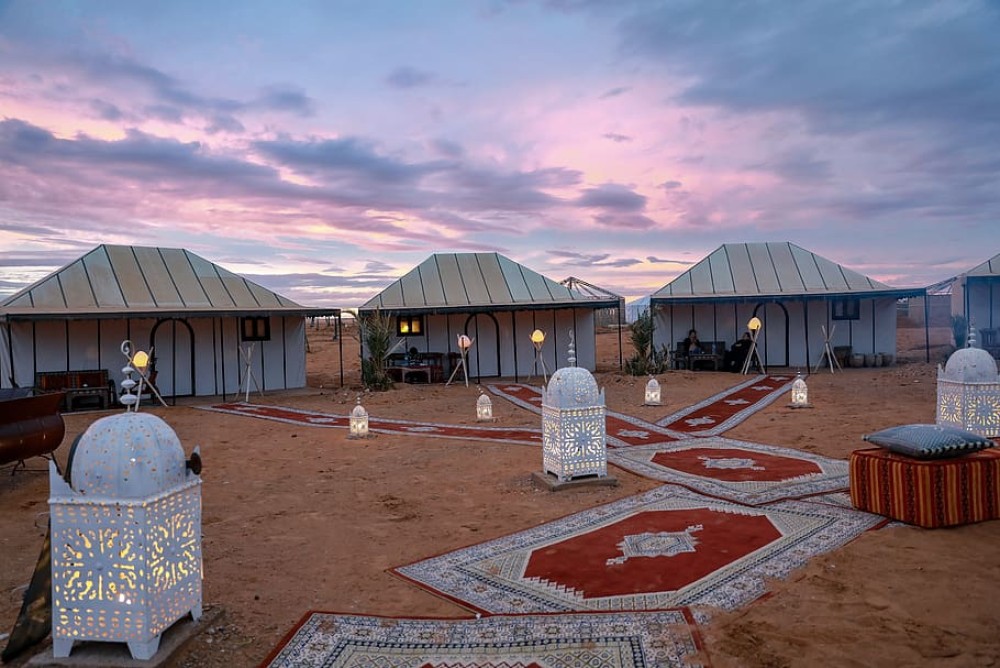
4. Winter (December to February): Crisp Days and Chilly Nights
Winter offers mild daytime temperatures but can get very cold at night, dropping below freezing. It’s an excellent time for photography, with softer light and fewer tourists. Travelers should bring warm clothing for overnight desert stays, as temperatures in desert camps can be surprisingly low.
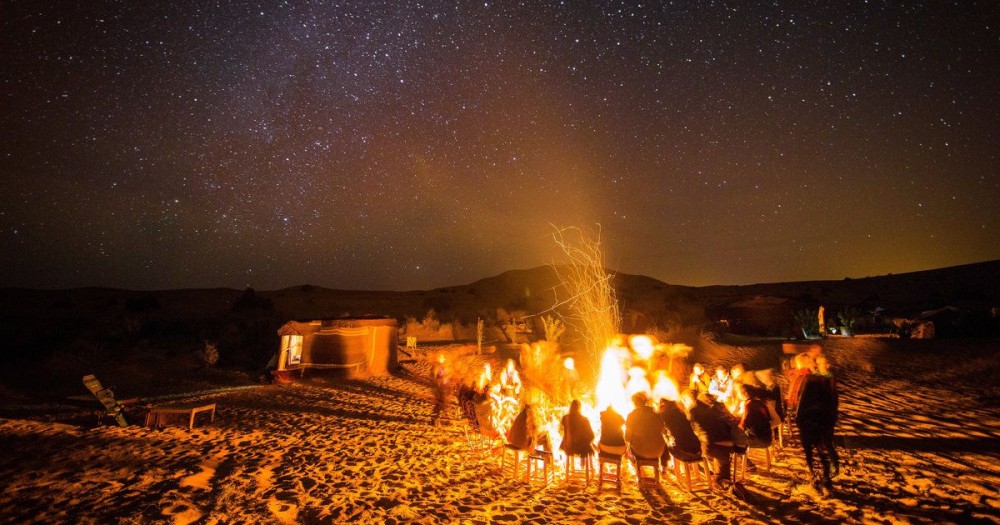
5. Festivals and Events: A Cultural Experience
Merzouga hosts unique cultural events, like the International Nomad Festival in March, where visitors can experience traditional music, dance, and Berber traditions. In December, the Marathon des Sables brings athletes to the Sahara for an extreme endurance race. These events offer a deeper connection to the region’s heritage.
You may also like these
Copyright © 2025 All Rights Reserved


